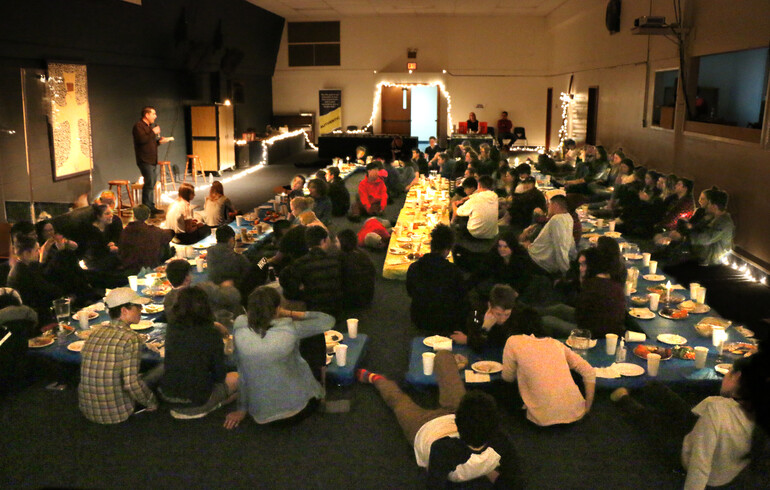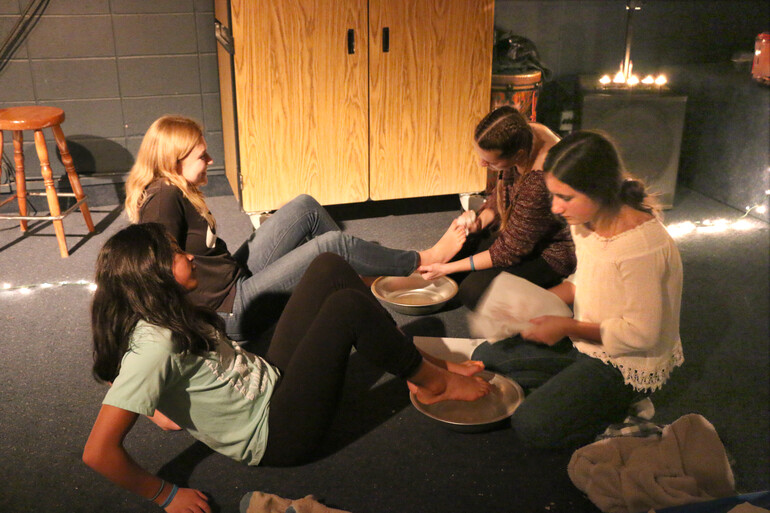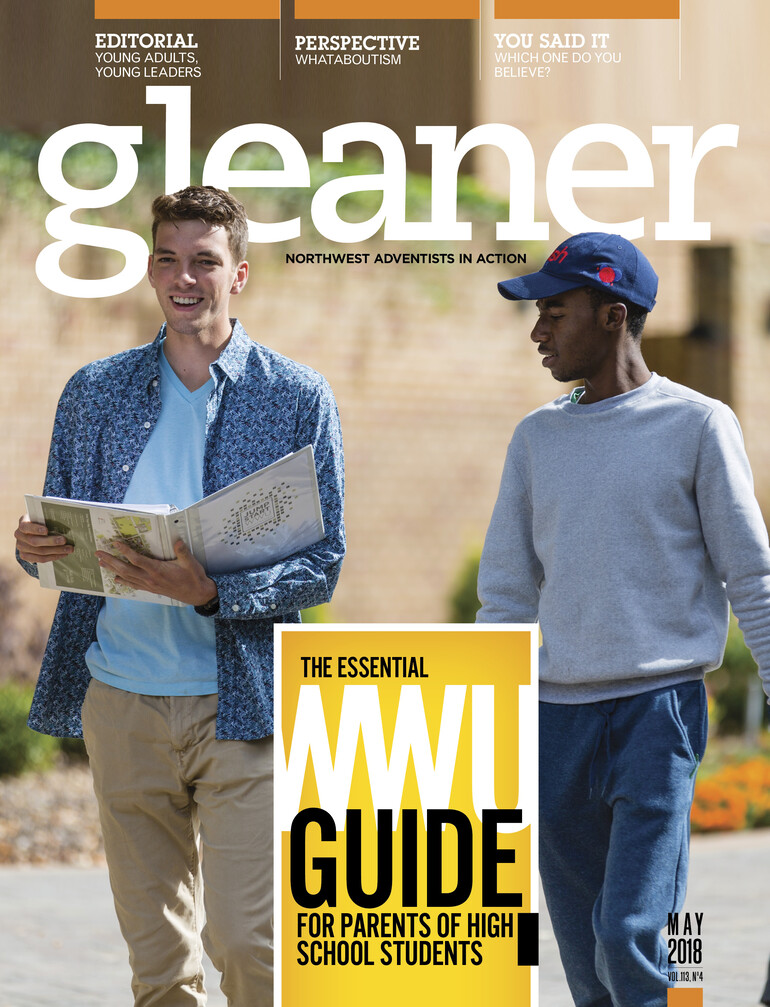Today’s teenagers are being called the first “post-Christian” generation in America.
That’s according to a new Barna Group research study, which reports the percentage of Generation Z (current 13- to 18-year-olds) that identify as atheists is higher than any other previous generation.
But the study wasn’t all doom and gloom. It also showed that, of the teens who do attend church, more than 80 percent feel positive about their experiences. They say they can be themselves in church, church is relevant to their lives, and church is a place to find answers to live a meaningful life.
Monte Torkelsen, Portland Adventist Academy (PAA) chaplain, has been a youth minister for Gen Xers, millennials and now members of Generation Z. Torkelsen says one thing has always been true about teens, no matter the generation. “They want to belong,” he says. “They want to be heard. They want to be together. And they have a deep longing for meaning.”
PAA is committed to meeting teens’ spiritual needs, no matter the generation. While the school has always held weekly chapels and prayer in classes, the modern approach includes Bible classes that encourage open dialogue about sincere questions as well as student-driven worship events.
One such event is an optional Friday night worship called Community, which is organized by students and supported by parents who open their homes as hosts.
“My son and daughter have both, at separate times, expressed how much Community has meant to them,” says Emma Slabbert, a PAA mother. “Both of them felt like they had meaningful and deep, thought-provoking conversations.”
“The girls-only Community was my favorite,” says Slabbert’s freshman daughter, Olivia. “The senior girls led with a big-sister, little-sister theme, and it made such a big impact on me. I felt open and comfortable talking about personal things.”
Community is optional but often attended by nearly half the student body. Its popularity is likely due to its organic ability to meet those very core needs Torkelsen noted earlier: belonging, being heard and fostering friendship.
“It’s like you’re with your closest friends just hanging out,” says Olivia Slabbert. She also says Community is more interesting because friends are leading it. “I actually pay a lot more attention at Community than I do during chapel," she admits. "It’s just more relatable.”
Student planned events have the added benefit of bringing teens to the leadership table. “When youth see that their efforts to make a difference can actually be productive and helpful, it can ignite a passion for continuing that journey,” says Torkelsen.
Giving teens leadership roles also strengthens the foundations on which young people stand. “We know from research that the strongest nonparent voice in a young person's life is the oldest person who gives them respect and love,” says Torkelsen.
Adventist education has the unique ability to open doors to lifelong relationships grounded in spiritual experiences and guided by loving adults.
“PAA is surrounding kids with adults who love them,” says Torkelsen. “We’re affirming their growth and opinions and helping them to love and cherish the story of God and Jesus, questions and all.”
“And this is the reason I send my kids to a Christian school,” says Emma Slabbert. “[It’s] the venue in which my kids can grow deeper spiritually.”












